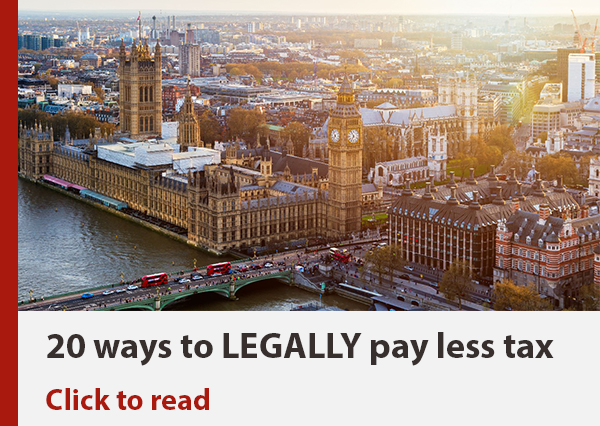Perks for the 2025/26 tax year: ISAs, CGT, Property Allowance & more

Give your finances a huge boost by making the most of these tax-free allowances and perks.
With a new tax year upon us, that means a host of new allowances and rebates to get your head around.
Here are some of the big ones that can make a real difference to your wealth over the next 12 months.
ISA allowance
Everyone benefits from an annual allowance covering how much they can put into an ISA each tax year.
The allowance itself is unchanged in the new tax year at £20,000, and you can split that across the various types of ISA, though some ISAs have their own limits within that allowance.
With a Lifetime ISA for example, you can only save a maximum of £4,000 a year.
We’ve run through the different types of ISA, and who they are best suited for.
Personal Allowance
The Personal Allowance is how much you can earn each year before you start paying Income Tax.
For 2025/26 it is remaining at £12,570, which works out to £1,048 per month.
You may be able to increase your Personal Allowance by making use of the Marriage Allowance.
This allows one partner to transfer some of their unused allowance to their higher-earning partner.
Crucially, the higher-earning partner needs to be a basic rate taxpayer, rather than paying the higher or additional rate of Income Tax, but it’s a perk that can cut your tax bill by hundreds of pounds a year.
Personal Savings Allowance
Everyone enjoys a Personal Savings Allowance, which as the name suggests, covers the income that you can make from your savings each year without having to pay tax on those returns.
For 2025/26 this stands unchanged at £1,000. For higher taxpayers, it's £500.
Rent a Room relief
If you have a spare room, you can help yourself to a significant tax-free income by taking on a lodger.
Thanks to the Rent a Room relief scheme, you can pocket £7,500 a year from rent before you have to start handing any over to the taxman.
Capital Gains Tax allowance
Capital Gains Tax (CGT) is paid on the profits from selling off investments, such as second homes and shares.
We all get a CGT allowance each year, allowing us to bring in a certain amount in profits before handing any over to the taxman.
However, that allowance was trimmed from its previous level of £6,000 to just £3,000 in the 2024/25 tax year.
It'll remain at that level for 2025/26.
Dividend Allowance
Some stocks and shares that you invest in will pay you dividends ‒ effectively your share of their profits.
This is another tax where the allowance has been in freefall. It halved to £1,000 in 2023 and halved again to just £500 in 2024.
It'll remain at that level for the 2025/26 tax year.
Trading allowance
If you’re looking for a bit of a side hustle, then you might want to trade items on sites like eBay and Etsy.
Thankfully, you don’t immediately have to pay tax on the proceeds from your sales.
Instead, you get a £1,000 annual allowance ‒ it’s only if you make more that you will have to start handing a portion over to the taxman.
Property allowance
Along similar lines, there are ways to make money from your property without taking in a lodger, for example, by renting out some spare space as storage or by letting out your driveway.
Again, there’s a £1,000 annual property allowance before you start paying tax.
Inheritance Tax
Few taxes provoke quite the strength of feeling that you get with Inheritance Tax.
Estates have to pay 40% of their value above the £325,000 threshold (rising to £650,000 for couples), but using your annual gift allowances is one simple way to reduce your eventual tax bill.
You can give away £3,000 each year, while there are also exemptions for weddings (you can give up to £5,000 to the couple depending on your relationship with them), as well as normal gifts out of your income so long as they don’t reduce your standard of living.
For more on gift allowances and how they can help you save cash in the long run, check out our guide to Inheritance Tax.
Comments
Be the first to comment
Do you want to comment on this article? You need to be signed in for this feature
